VPL2- Valoriser les acquis de l'expérience en Europe - 2005-2007

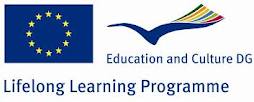
- Scope
- Objectives
- Results
- Experimentation
- European networks
- French networks
- Publications & Presentations
Introduction
Valuation of Prior Learning (VPL) is the designation of a broad outlook on the implemenation of lifelong learning. The challenge is therefore to change the social-economic system into a flexible and fast-adapting system to the quickly changing need for competences on the labour market. In the context of the knowledge society, VPL addresses this need by showing the real human potential on the basis of the analysis and valuation of personal competences. VPL offers a personal development-strategy in which the organisation-context and public/private services are crucial for keeping up with the speed of competence-development. The VPL focuses on the need of :
- the individual to be able to take control of his/her own learning and career in order to stay employable
- the organisations on sectoral level to be able to facilitate these individual learning paths and become able to use this within the context of their own mission/goals
- the learning system (VET, guidance and counseling) to adapt itself to rendering flexible services to these individuals and organisations.
Investigating how zones of mutual trust actually work, which key factors are essential, and how to support or improve these zones of mutual trust. Investigtaing the contribution of the Commission's framework for Common European Principles on Validation of Non-formal and informal learning (CP) to lifelong learning. Showing how the framework of Europass contributes to Lifelong learning. Showing the role of the decision makers in the chain of services available to individuals and organisations. Showing the socio-economic possibilities and advantages of individual empowerment in the context of Lifelong learning by making the learning system more demand-driven and customer-oriented. Being able to manage diversity on the basis of European exchange of methodology, instruments and good practices.
I. Scope
A European project initated by the Han University , supported by the European Commission under the Leonardo da Vinci Programme. Eleven countries involved : the Netherlands, Cyprus, Czech Republic, Germany, France, Ireland, Italy , Lithuania , Norway and the United Kingdom. Here is the website : www.vpl4.eu. iriv's contribution consisted in presenting the Vaeb project and the two French projects linked to it, Vaeb Aria and Vaeb in Brittany.
II. Objectives
- exchange is at the heart of the project, good practice is used to describe the best working of an approach for activating lifelong learning in organisations and by individuals in Europe learning cultures ;
- validation methodologies are analysed on the level of the 7 main European learning Cultures ;
- on the level of quality and standardsetting the same tactics is used to make the own case a stronger case by embedding strong buildingblocks from all over Europe in the learning culture ;
- learning from each other's culture and practices is a strong incentive for the knowledge exchange between different learning cultures ;
- all learning cultures will focus on designing a competence-centered learning-infrastructure in which on national and sectoral levels all the existing services will be offered in due time in an integral approach to individuals & organisations.
III. Results
a recommendation for a European framework ;
an overview of good practices in Europe ;
guidelines reference manuals for decision makers ;
national study reports with practices and analysis ;
reports with description of instruments and methods,
a model for calculation of value of the use of VPL ;
a compilation of strategies for individual and organisational empowerment,
a series of articles published ,
an electronic newsletter published ;
a web site turned into an open space ,
an advisory board for the partners on the proceedings of the different workpackages,
an expert support group established of experts fromnational and european organisations,
reports from work meetings made available a month after the different work meetings.
IV. Experimentation
The experimentation in France consisted in selecting examples of best practices in VPL in not for profit sector ; the examples of VPL in Aria and Brittany were selected
V. European networks
 |
Partner |  Germany |
http://vhs-stuttgart.de |
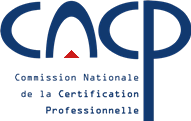 |
Partner |  France |
http://www.cncp.gouv.fr/ |
.png) |
Partner |  Chypre |
http://www.deok.org.cy/ |
 |
Coordinator |  Netherlands |
http://www.ec-vpl.eu/ |
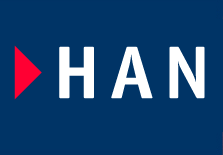 |
Project leader |  Netherlands |
http://www.han.nl/start-en/ |
 |
Partner |  France |
http://www.ilep.fr/ |
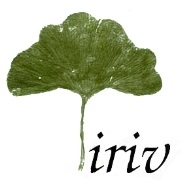 |
Partner |  France |
http://www.iriv.net |
 |
Partner |  Lituanie |
http://www.kpmpc.lt/ |
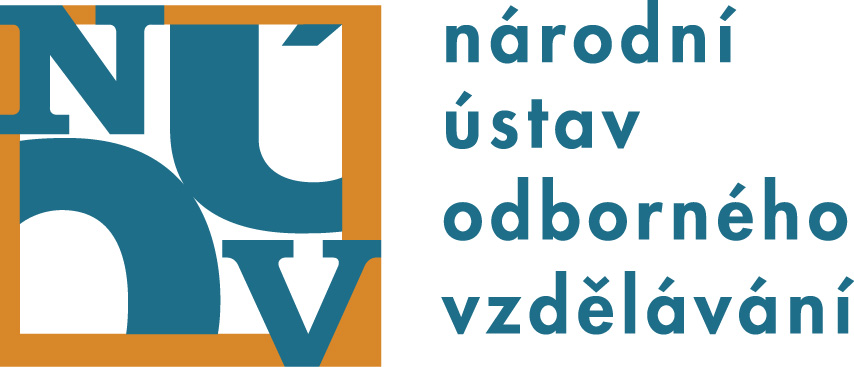 |
Partner |  Republique-Tcheque |
http://www.nuov.cz/ |
 |
Partner |  Italy |
http://www.scienter.org/ |
 |
Partner |  United Kingdom |
http://www.ed.ac.uk/home |
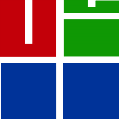 |
Partner |  Irlande |
http://www.ul.ie/ |
 |
Partner |  Norvege |
http://www.vox.no/ |
VI. French networks
VII. Publications & Presentations
Leaflet
Research Reports
← Back













